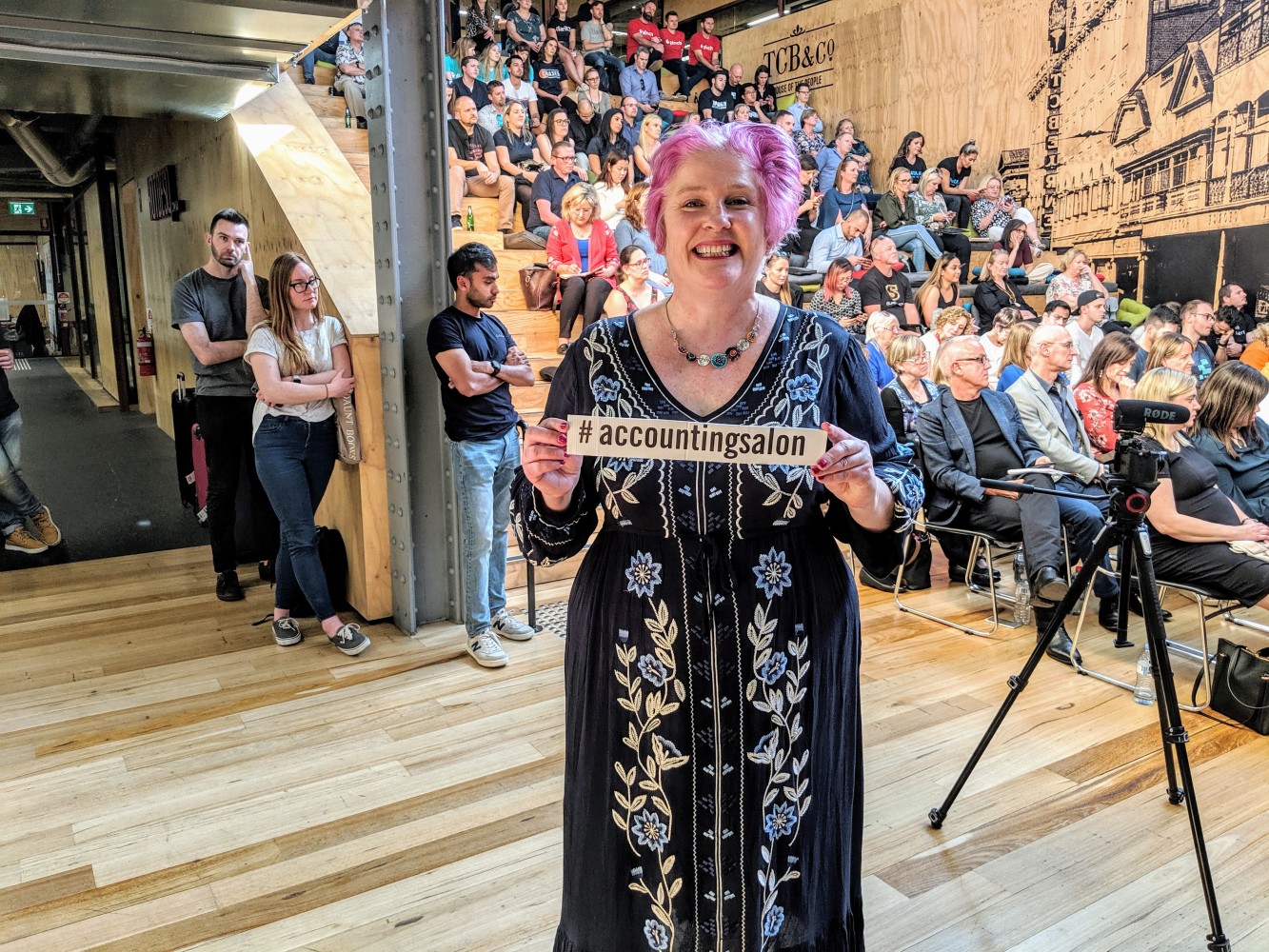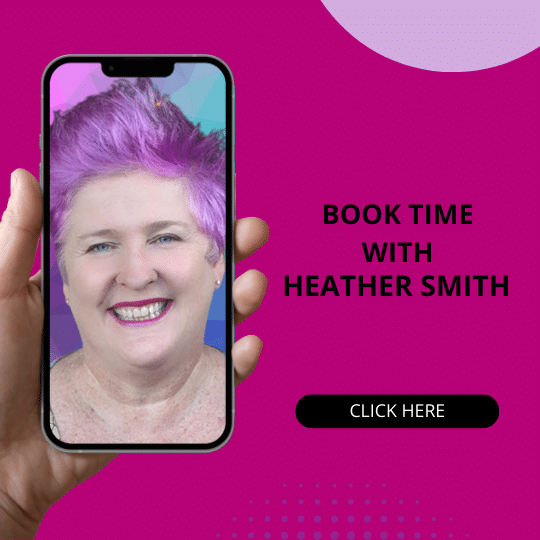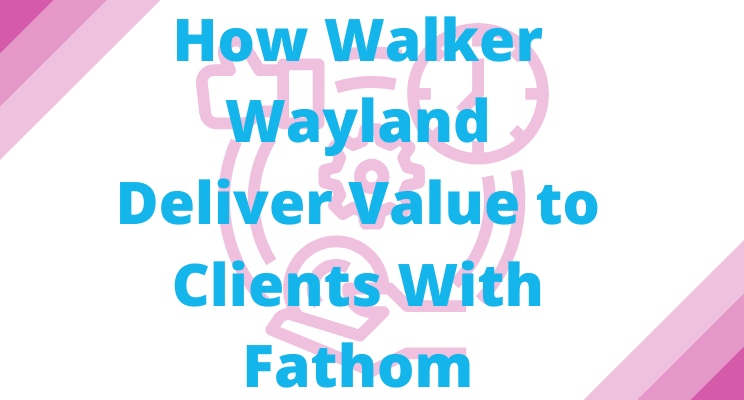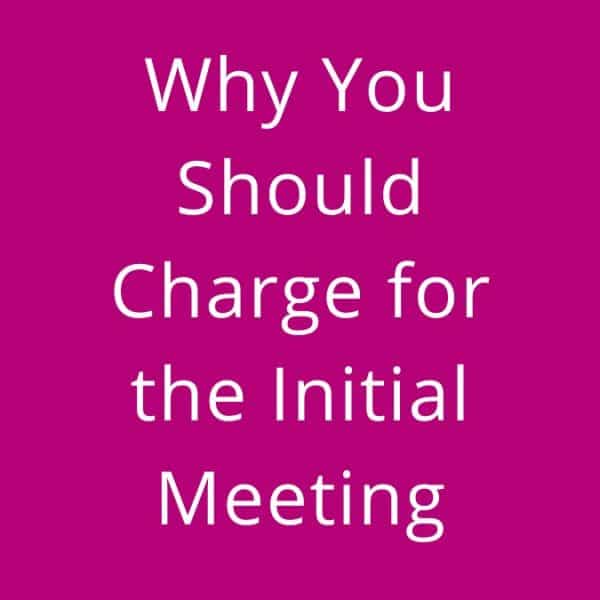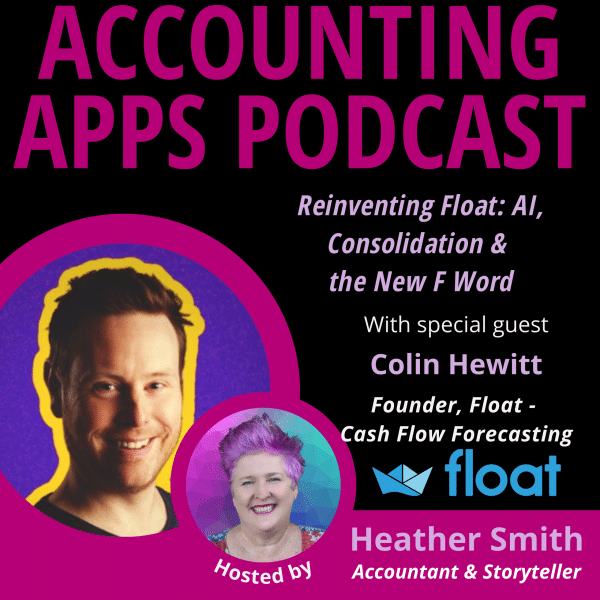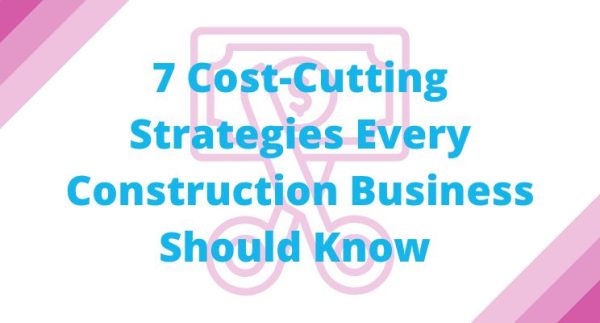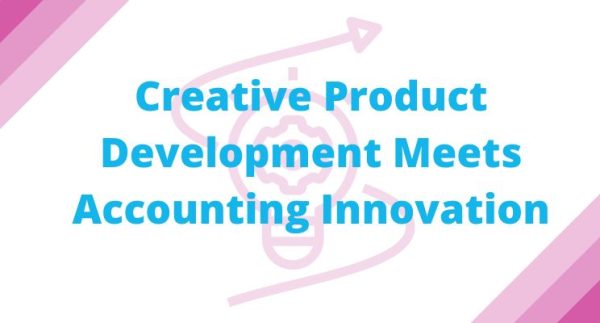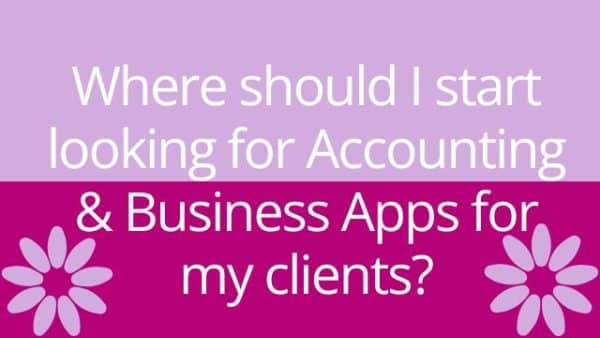I’m immersed in the Accounting Apps world. I scan, read and analyse hundreds of Accounting App blog posts, and from that curate a bi-weekly Accounting Apps newsletter. I facilitate a MasterMind Accounting Apps forum. I host a podcast and meetup groups focused on Accounting Apps. I’ve written lots of cloud accounting books – that sell in real bookstores am a member of the global Accounting Salon, and I’ve worked with many Accounting Apps over the years.
How and who I strategically partner with is here.

Here are suggestions for Accounting Apps trying to connect with Accountants and Bookkeepers
Meet and engage with the community
I facilitate the Xero MasterMind Community click to join. The Xero MasterMind community comprises over 6,000 plus advanced users, primarily accountants and bookkeepers, focused on the Xero ecosystem. This is a vibrant, global community with a keen interest in sharing knowledge, solving challenges, and exploring partnerships. It’s akin to having a Tech Advisory Board for your business and provides an opportunity to learn from the best and brightest in the accounting industry.
What Content to Share
Features and Functionality: Share in-depth details about your app’s capabilities. Be granular but keep it understandable.
Educational Material: Think of guides, how-tos, and any content that educates rather than sells.
Community Solutions: Showcase how advanced partners are leveraging your app in unexpected ways.
Beta Testing & Polls: You’re welcome to invite community members to beta test your solution or ask relevant poll questions.
Optimal Way to Engage
Be Conversational: The call to action should be ‘let me know if you have any questions,’ rather than pushing for a demo or a sale.
Drip-feed Information: Consistently share educational content over time to keep the community engaged.
Listen and Engage: Pay attention to conversations and questions. The community is not just a marketplace but a learning space for you as well.
Additional Benefits
The group is an incredible resource for doing your due diligence while building a solution.
Engaging with the community helps you understand the landscape of the accounting industry.
You are exposed to a plethora of intelligent voices that can offer valuable insights into what the market really wants.
Important Dos and Don’ts
Do Not Stereotype: Accountants and bookkeepers will use your solution in ways you might not expect. Listen to them.
Do Educate: Provide modular-style, granular detail about how your solution works.
Don’t Be Salesy: The community is highly intelligent, and a hard sell will put them off.
Don’t Amway People: Avoid trapping friends in an awkward software demo under the guise of an ‘innocent catch-up’.
Remember, this community values long-term, meaningful relationships over quick sales. Aim to be a helpful, contributing member of this community.
Using blogging to amplify your brand
Turn frequently asked questions into blog posts, on your own site, or pitch them to other sites. A blog post can be a living and breathing article, so you can update it to add further information that will help readers. The goal here is when someone asks a question, you’re community grab a link to your blog posts and post it is the answer. But until that happens you will need to do it. The forums are a great place to understand what the accounting and bookkeeping community are looking for and a great place to build topics.
If you have a business blog, ensure you have an active feed or an RSS feed. It helps visitors to subscribe, and become regular readers of your content.
Syndicating a blog feed via an RSS feed allows your content to appear on other blogs, websites and my Accounting Apps newsletter! This effortlessly expands your audience. It helps you reach new readers from the Accounting and Bookkeeping community, and build quality backlinks. Plus it should improve your SEO!
Ensure your blog feed is active. Test if your feed works here: https://validator.w3.org/feed/
When a blog post is published, an active RSS feed syndicates the blog. The Accounting Apps newsletter platform picks up the blog from the active RSS feed, and pushes it into the upcoming articles list. If you don’t see your articles in the newsletter, you can contact me to let me know your active RSS blog feed.
Your blog should be listed under your domain name then reference blog. Don’t just have blog posts hanging off your main domain. For example:
- https://xbert.io/blog/ ?Good

Blog topics and ideas for the accounting and bookkeeping community
Provide useful content about how to use your solution.
Focus on including technical information and insight.
Make sure blog post titles are interesting and can be clearly understood by someone perhaps unfamiliar with your solution. Your blog post may not always appear on your website – as some organisations will scrap and publish them, or include them in a newsletter (like I do!) so it’s important the blog title and content are clear about what you’re referring too. For example,
- We’ve made some updates to our colour scheme at Solution ABC ?Good
- We’ve made some updates to our colour scheme ?Bad
- Don’t include personal names in the blog post title – such as Tony’s Top Tips.
- Keep blog post titles evergreen, by avoiding dates.
- Ensure the blog post includes over 350 words of text.
- Attack posts are ugly. Don’t get publically angry.
- Avoid politics, religion, and other taboo topics.
- Don’t publish a full months worth of content on the same day, you will achieve improved exposure if you drip feed them out.
Include at least one (or a few) strikingly visual image. I encourage you to take your own images – all images used in this post I took with a Google Pixel 2Xl, cropped with Google Photos, and used Canva to add text. Click here for free stock images.
Balance out blog posts about your company, with what is useful for the community. Yes, posts about staff members are nice and help people understand your culture, however they are unlikely to drive traffic to your website.
Avoid blog post titles like “We went to ABC conference” instead highlight learning from the conference, and weave them into the blog post about the conference you went to. e.g. “Capture negativity and flip it into positivity” is more interesting than “We went to ABC conference” and it may lead the potential reader, to go to your website. It’s rare that a post about an accounting conference would lead customers to your website. My recent post about Xerocon – was headed “Robots, false eyelashes and communities of purpose” I mention Xerocon within the first sentence – but the title is much more interesting and will last a bit longer. Imagine is it was entitled Xerocon 2016, no-one will ever want to read it after 2016…
Make sure all links work. Make sure all books automatically download. Seriously. Test them. Get someone else to test them too.
If you’re doing a newsletter – make sure you are also doing a blog post. A newsletter only goes out to your subscribers – while a blog post enhances your SEO and can be picked up by other sources.
The Accounting App blogs that are publishing articles with the most click thrus are:
- https://xbert.io/blog/
- https://workguru.io/blog/
- https://www.accelo.com/resources/blog/
- https://www.process.st/blog/
- https://blog.float.com/
Check them out and learn from their posts.
Suggested blog topics to include on your website:
Explain to me how your solution works:
- like I am 5 years old.
- explain it to your grandma
- from a bookkeepers perspective.
- from a management accountants perspective.
- from a tax accountants perspective.
- from a business or business coaches perspective.
- from the small business owners perspective.
- Break down the monthly feature releases into stand alone articles, and revisit and update them.
- Don’t miss out on these 3 features
- Staff’s favourite features
- Underused features that you should know about!
Other blog ideas
- Debunk a Common Myth about Your Industry or Product
- Share a Tip for Using Your Product
- Unbox Your Products
- Make an Expectation vs. Reality
- Share Your Top Three Product features
Explain things that your solution doesn’t do and industries it’s not suited to. This saves us time. If you don’t offer barcoding – state that – don’t make me search and search and search for it – don’t waste both of our time contacting your help desk.
Include at a very minimum of at least 4 case studies of how businesses are using your solution.
It’s ok to write a blog post differentiating between your solution and a solution that the industry commonly compares you with, however, ensure that it’s professional and respectful. Go as far as to invite the other solution to technically check your post. Here’s an article I wrote explaining the difference between Expensify and Receipt Bank that was technically checked (at the time) by both solutions. Staff from both organisations have told me they have found it useful in their explanation to customers about the differences.
Here are more tips to optimise your Accounting App blog posts

Using Social Media effectively to connect with Accountants and Bookkeepers
Make sure you have the same social media handles and branding across all platforms.
Set all staff their own company work Twitter and Facebook handles.
Ensure all staff have a clear explanation of your solution on their social media profiles.
Join relevant forums that have the accounting and bookkeeping community are members of. Search the forums for questions that you can answer. Provide a comprehensive answer. Don’t respond by saying I’ll PM you or contact me here are your details. Many people will and if you provide information they learn the information. If you provide contact details they just scan past, and you’ve missed the opportunity of educating the community.
Reuse repurpose recycle content. Content can be broken down and reshared in many forms. This assists in getting more eyes reading content and coming to your site.
Click through to connect with me on social media at Twitter, FaceBook and Instagram.
Don’t exclude accountants or bookkeepers
If all of your articles refer to accountants, bookkeepers may dismiss your solution as not suitable for their needs, or vice versa.
It may be completely valid, that the solution is only suited to a certain market, for example Income Tax products would be of interest to Registered Tax Agents. Now I’m an accountant, but I’m not a tax accountant and would never touch an Income Tax products – does that make sense.
But if say your solution is for customising reports, or a CRM or marketing, then it could be of interest to both an accountant or a bookkeeper. Don’t turn one group away by not mentioning them. You can use inclusive terminology like the Accounting Industry, or mis up the mentions through the article.

How and who I strategically partner with is here.

Use the correct language and terms for your audience.
If you want to talk to accountants and bookkeepers use their language. For example – at a large accounting conference the branding for a Learning Management Solution (LMS) used the word compliance, referring to learning compliance, but for accountants at an accounting conference, the word compliance is associated with tax compliance. A simple mistake, that resulted in ambiguous and confusing exhibit. I, and other accountants told them – and they didn’t listen, and after a couple of years stopped appearing at conferences – I wonder why?
Understand when accountants and bookkeepers will be busy.
Accountants and Bookkeepers providing compliance are governed by tax dates of their reporting jurisdiction. Depending on the services they offer they may even differ between between Accountants and Bookkeepers. For example here in Australia, BAS Agents are busiest in July, while Tax Agents are busiest in the latter half of the year. We all typically can have up to six weeks holiday from mid December through to 27 January, and I ran a straw poll in my Mastermind group, and they said the most popular month for trialling a solution is January (ha ha when they’re on holiday). Work out when they will be busy, or impacted by public and school holidays, and how that impacts you selling to them.
I’ve read that the sales cycle to the accounting community is about 15 months, shorter if there is a peer recommendation, longer if there are more than one partner who needs to agree, or buy in to the change.

Do not stereotype us! Accountants and Bookkeepers will use your solution in ways you do not expect
They will absorb it into their workflow and eventually know more about what it does and what it can do, than you. Make sure you listen to advanced partners about how they are using it, and highlight those features back to other potential users.
Educate. Educate. Educate. Don’t Sell.
Provide modular style granular detail about how your solution works. Ensure the explanations are easy to understand. Ensure the language is appropriate, and maybe even offer alternatives, e.g. Vehicle, Car. Answer common questions. Include a search button on the front page of your website. Make it easy for people to find what they are searching for on your website.
If you are demoing to a country – make sure you use the country’s currency and terminology.
Don’t ever code to General Expenses. Seriously, sort your shit out, and work out an appropriate account. It’s never General Expenses.
NEVER DEMO ON A MAC. The majority of accountants and bookkeepers use a PC, why would you demo to them in an environment they are unfamiliar with? It causes confusion, and an unnecessary barrier to learning.
Some other considerations for working with accountants and bookkeepers
Offer a 30-day trial and don’t require the trial user to enter their credit card details during the trial. Accountants and bookkeepers are very busy and if they want to start a trial – this is a good thing – make it easy for them – they need to see a full 30 days to make a judgement call and the requirement to enter credit card details is a roadblock. Again – make it easy for them.
Include at least 10 testimonials from accountants and bookkeepers using your solution.
Always ask for feedback and make it easy for accountants and bookkeepers to provide you feedback.
Treat your competition professionally and respectfully always. Make sure your staff understand this.
Don’t ever send emails from ‘DoNotReply’ email addresses. Always be open to communication from partners.
Don’t Amway people. Don’t reach out to friends, suggesting an innocent catch-up, and then disrespectfully trap them in an awkward software demonstration.
I suggest you sign up to the Accounting Apps newsletter and see what sort of posts are included. If you think your post is not being included in the newsletter, you are welcome to send me the exact link to blogs RSS feed. Please double-check it before you send it to me!
How and who I strategically partner with is here.

